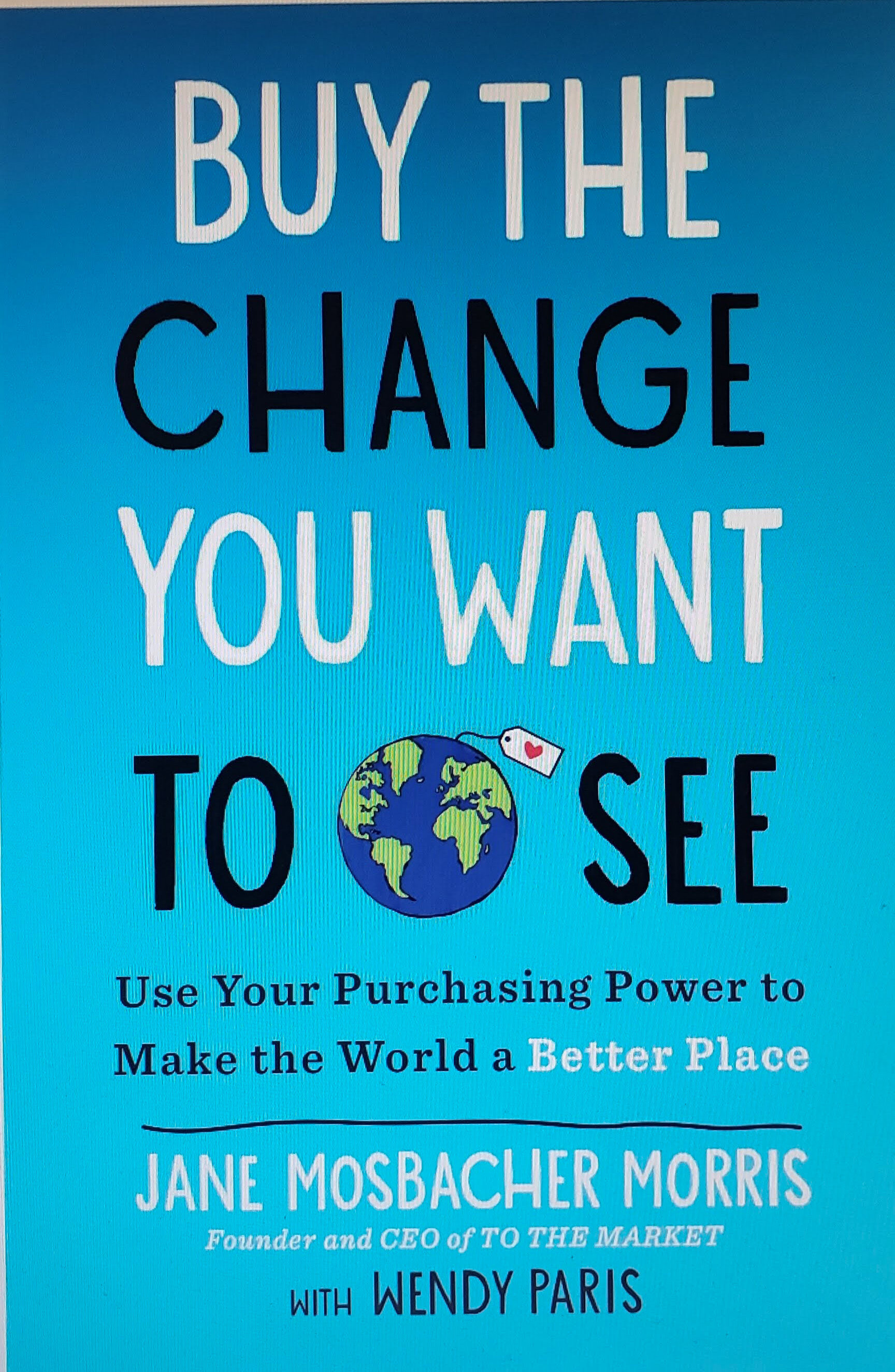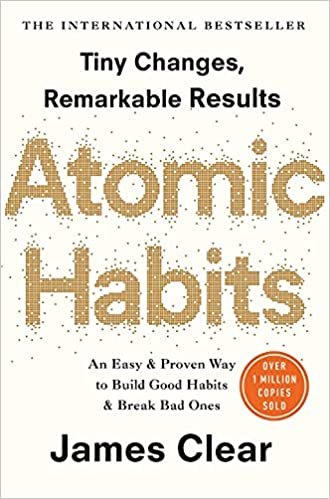Book Club
If you’re looking for new book recommendations to inspire you and stimulate your mind, take a look at the selection I’ve curated for you. All of these books can be found at your local library or using Libby by Overdrive for virtual access using your library card. If you have any recommendations of your own, please let us know by clicking here!
How to be Anti-Racist by Ibram X. Kendi
With the Black Lives Matter movement protesting in full force during the pandemic, I thought educating myself a little more would be a good idea. Kendi breaks the book down into all aspects of our lives where racism has resided not just with interacting with those of a different race but even in my own race as well.
White Fragility: Why it’s so hard for white people to talk about racism
by Robin Diangelo
As a person of color who grew up in a town where the majority of the population was white, I always thought of race as an uncomfortable topic of conversation. I love how Diangelo unapologetically rips the band-aid off from a white woman’s perspective, along with her research and personal experience as well. I was able to understand why certain behaviors have been exhibited so I can have better open discussions about race in the future with my own white friends. Topics like this aren’t easy, but they have to be made so we can all move forward and grow.
Monsieur Mediocre: One American Learns the high art of Being everyday French by John von Sothen
For those of you who have plans to travel or even live in France (specifically Paris), this might be the book for you. I loooved this book, not only because it was informative about French culture, but it was hilarious! It was so hard to put it down! It is about an American writer who married a French woman and moved to France. It accounts for all his experiences of adjusting to a new language and culture.
Originals: How Non-Conformists Move the World by Adam Grant
What I love about this book is that it helped me evaluate the way original minds think. Grant is an organizational psychologist and I’ve watched just about all of his TED Talks and tuned into his podcast with TED. This book was kind of spoiled for me because I watched his talks beforehand, but he allowed me to get inside the minds of real entrepreneurs, innovators, and world changers as well as being able to see how they’ve shape the world around us.
The Story of French by Jean-Benoit Nadeau and Julie Barlow
This book doesn’t necessarily cover the etymology of French, but it gives a detailed overview of the history of the French language. Books like this make me fall more in love with the languages I speak by simply learning about their origins, how they’re spread around the globe, and how the language has changed over the years. This book taught me a lot about building influence since there are roughly 20+ francophone (French-speaking) countries around the globe. If you’re a history nerd, this is definitely one for you!
Leaders Eat Last: Why Some Teams Pull together and Others Dont by simon sinek
I was first intrigued by Sinek when I saw his TED Talk about how great leaders inspire action, which led me to read his book Start with Why, and later discovered this particular book. What I really love about it is how he inspired me to adopt a more collaborative mindset. If you really want to learn how to inspire a team of people to get things done while making an impact, then I encourage you to read this book. It also discusses his research on how certain major successful companies do that allow them to stay successful.
Found in translation:
How Language Shapes our lives and Transforms the world by Nataly Kelly and jost zetzsche
As of today, we are so well connected all around the globe. Any information about anything around the globe is now available to us in various languages. Isn’t that amazing? Kelly and Zetzsche go in-depth about every aspect of our lives where translation is present and everywhere! I discovered this book while exploring the linguistics section of the public library. It’s fascinating to learn how translators and interpreters work in our daily lives. After reading this, I had a much deeper appreciation for language and for the people who, as a profession, make worldly information accessible to us.
Becoming by Michelle Obama
There’s no way for me not to include this book! I have admired Michelle since I was a kid back in 2008. I read this book a year after I graduated college, and my mom had a copy sitting in the living room by the TV stand. I thought, “Oh my gosh! She has a copy! I need to read this immediately!” Not only did she have the book, but the audiobook set as well, so I could read along to her voice. This was one of the best books I’ve ever read! I heard her perspective of the Obama administration outside of the mainstream media. Hearing about her life’s journey was so profound. I loved it so much that I wrote a whole blog post on everything I learned from reading it.
Why LA? Pourquoi Paris? An artistic pairing of Two Iconic Cities by Diane Ratican and illustrated by Eric Girat & Nick Lu
I remember meeting the author and one of her illustrators at an event the FIDM museum hosted during my first quarter in college. She visually tells her perspective on the differences between living in Los Angeles and Paris. The beautiful illustrations and her writing present numerous aspects of cultural differences between the two cities because learning about the culture is just as important as learning the language. This is a great book to take with you on the plane when you head out in that direction. I believe travel changes you when you see international perspectives on life. It makes you reflect introspectively on your own lifestyle.
The Definitive Book of Body Language: The Hidden Meaning Behind People’s Gestures and Expressions By Allan and Barbara Pease
I came across this book while browsing the Last Bookstore in Downtown LA. I went through this book pretty quickly because the information was fascinating, and I learned a lot, not to mention the detailed illustrations that visually depicted what the author was trying to explain. The book goes in-depth on facial expressions, arm gestures, positioning of the legs, sitting positions, and even a whole chapter on interpreting intercultural body language to avoid getting into trouble in foreign territory.
Queer Identities and Politics in Germany by Clayton J. Whisnant
I found this book earlier in 2020 while searching for books about German history. As a straight cisgender female, I wanted to know more about the history of how this great country has dealt with queer culture. By my own research, Germany has the #1 economy in the EU, so it must be ranked that way for a reason. Germany was met with the controversial topic of queer culture much earlier than the U.S., so my theory is that they had more time to adjust in comparison to the U.S. as a much younger nation. I did learn a lot, and I had a better understanding of how much persecution these people had, not to mention sexism. Gay men were more subjected to arrest than lesbians were by only making them conform to the female “gender norms.” I believe we still have a long way to go from this book, but not all hope is lost! This book teaches a historical overview of how queer culture came to build their communities, fight for their rights, and thrive even to this day.
Buy the Change You Want to See: Use Your Purchasing Power to Make the World a Better Place by Jane Mosbacher Morris
I read this book a while back, and I believe I talked about it in one of my early episodes of Saturday Talks. As someone with 2 degrees derived from the fashion industry, I can understand how certain industries can harm our world. I love how Morris recounts her experiences traveling to third-world countries and discusses how our mundane everyday purchases, from where we buy our coffee to the clothes we wear, can affect other people's livelihoods. Should you read this book, I hope it inspires you to become less removed from where your products come from and see how making a difference in the world can start with the most straightforward decisions about where you buy your coffee.
The Smartest Kids in the World and How They Got That Way by Amanda Ripley
This book was found in my grandmother’s garage, and the title intrigued me. I read it in 3 days (4 if you include the appendix). What I loved about this book is how it talks about how foreign exchange programs can give you a different perspective on how our education systems work. She shares how she conducted her research and who she spoke with at all levels of education, including the students. She also talks about how parent involvement may be much simpler than we think, especially if you weren’t cut out as a PTA member or a soccer mom. If you want to know how to support a child’s education best, then this is something I encourage you to read.
WTF?! What the French by Olivier Magny
Written by a true Frenchman, Magny discusses the French language and culture in such a comedic way. As a French learner, this will enhance your cultural knowledge, and as an experienced learner, you have the ability to add some colloquial phrases to your vocabulary. It’s important not only to learn a new language but to learn ABOUT the people who speak it to give you the best experience as you venture out to practice what you know.
atomic Habits by James Clear
If making time for language learning is challenging, this book can help you build a foundation for being more consistent. We added this to the book club because we hope it inspires you to find ways to incorporate language learning into your daily routine and habits to get the best exponential results.
7 Women and the Secret of Their Greatness by Eric Metaxas
This book will take you through history, exploring the lives of 7 extraordinary women and their life stories. Some of them you may remember from your history classes, others maybe not, but you’ll notice that they all have one thing in common…and that’s the secret. Read and find out what that is!

















